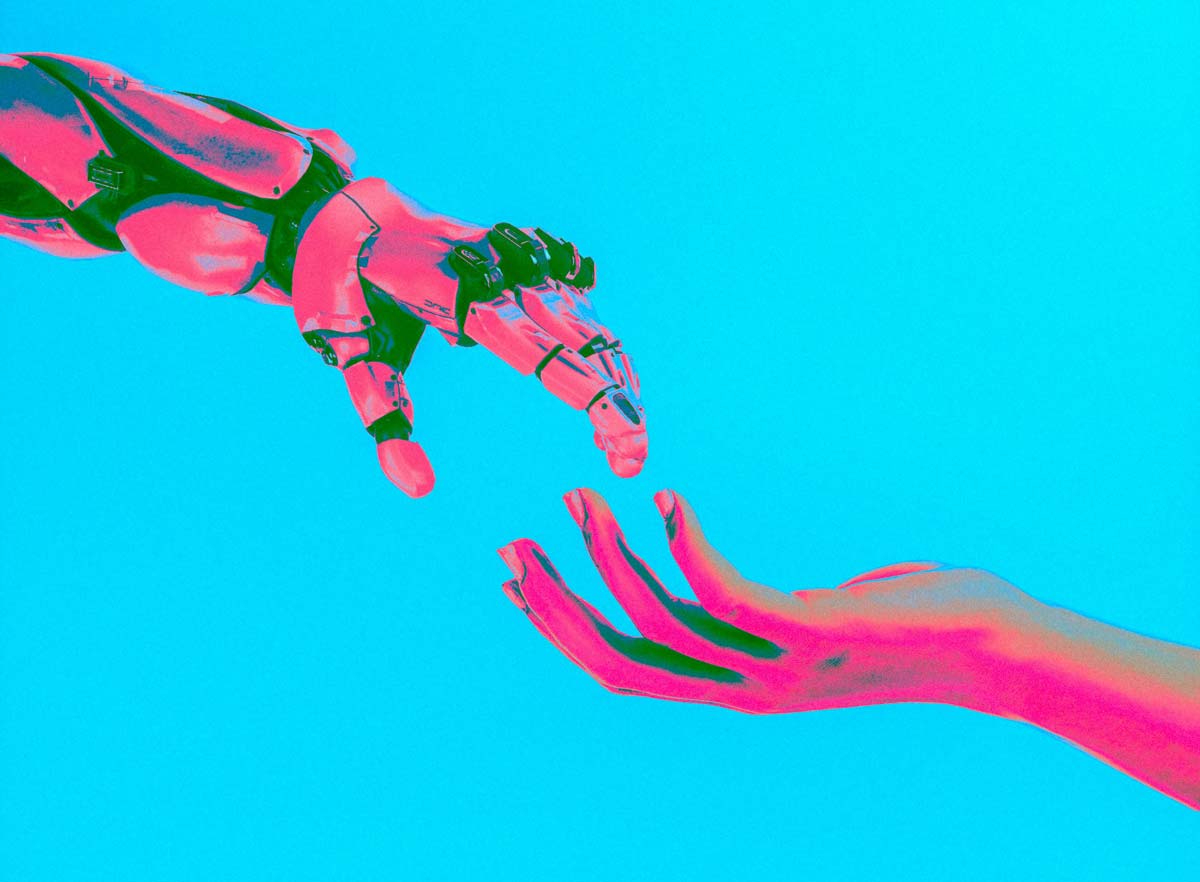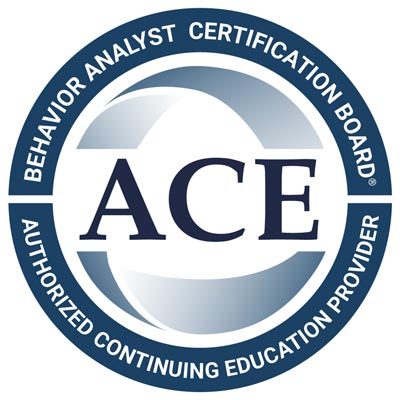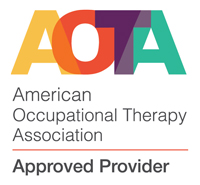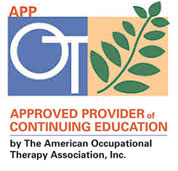Artificial intelligence is everywhere in our digital world. It is already making a huge impact in schools. It is being used to hire strong candidates. It is in the development of educational games, and tutoring services and companies like Khan Academy and Duolingo are using it. Educators are even using AI now for grading and feedback. It is exciting what AI can do and how it can make our jobs easier. However, there are a lot of questions that should be asked including, wheat schools can do to support scholars that are learning to navigate AI opportunities.
According to Forbes (June 2024), 60% of educators are using AI in their classrooms. It should be notes that 20% of teachers feel that AI is hindering educational outcomes. They are concerned about cheating, reducing human interaction, and security. Finally, 61% of educators feel that comprehensive education needs to be delivered to students in order to use AI programs safely and accurately.
What is needs to deliver a better understanding of AI and its uses to scholars? The Artificial Intelligence for K-12 Initiative is developing guidelines, resources, and a community to do exactly this. They have started with 5 Big Ideas, guidelines in grade band K-12 progression charts, and resources. You can visit their website and learn more about the curriculum that has started to be created. Schools are also getting creative in developing their own curricula. Check out Shelby Scoffield, a high school teacher who based her instruction around 7 simple questions:
- How do I find out if sources generated by AI are legitimate?
- What is paraphrasing, and when does it cross the line?
- What is good and bad feedback?
- How did I check for bias in AI-generated material?
- What are the pros and cons of AI?
- When is it cheating?
- What are AI detectors, and how do they work?
As schools and scholars are using AI more and more, what are you doing in your district to ensure students are using safely? Do you have a committee that focuses on guidelines and researches new programs that will engage learners? AI is not going away anytime soon, and the current and 21st century careers will be depending on it. We need to ensure that the future generations are prepared to engage with AI on a deeper level in order to stay competitive.

“Nobody phrases it this way, but I think that artificial intelligence is almost a humanities discipline. It’s really an attempt to understand human intelligence and human cognition.”
Sebastian Thrun





